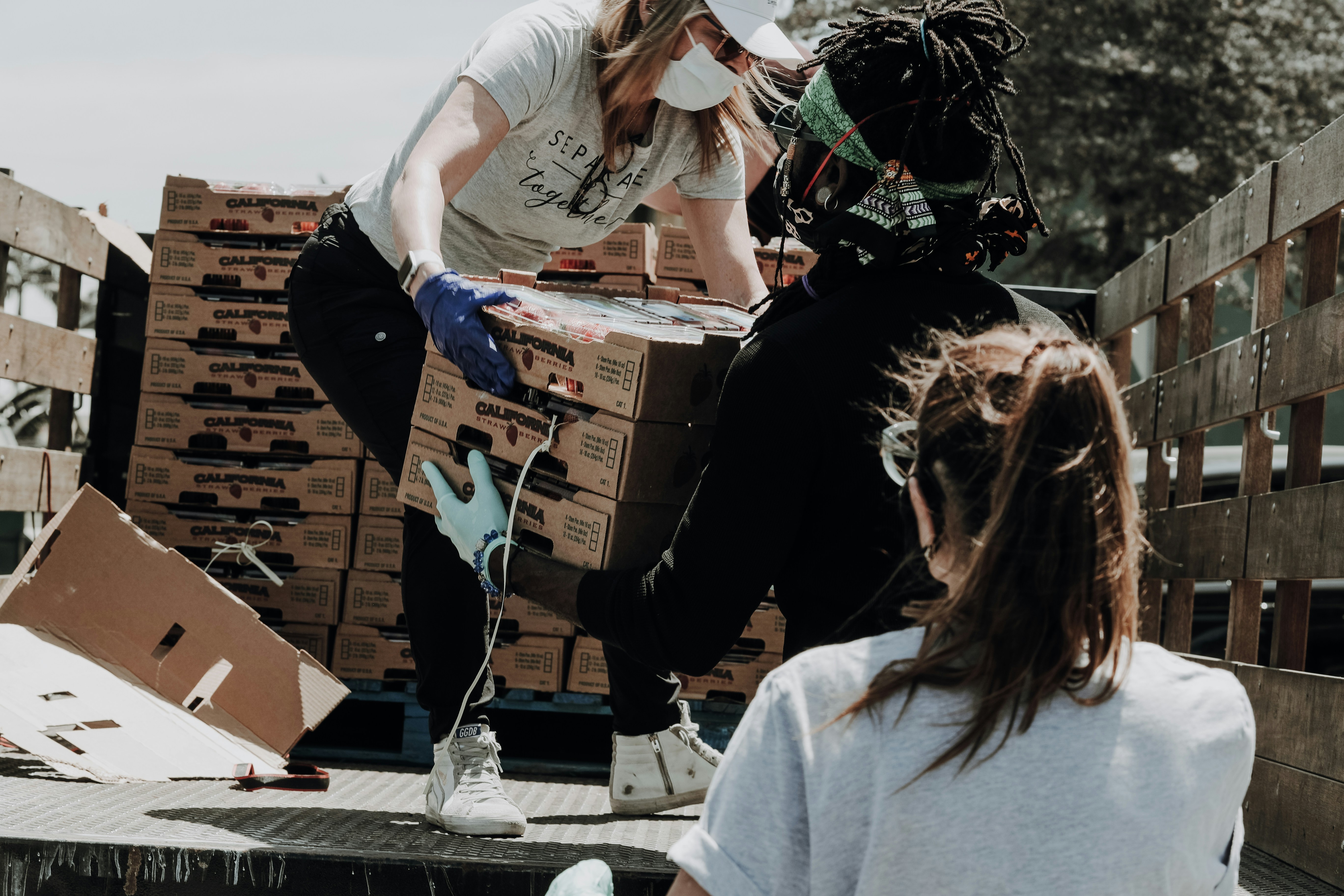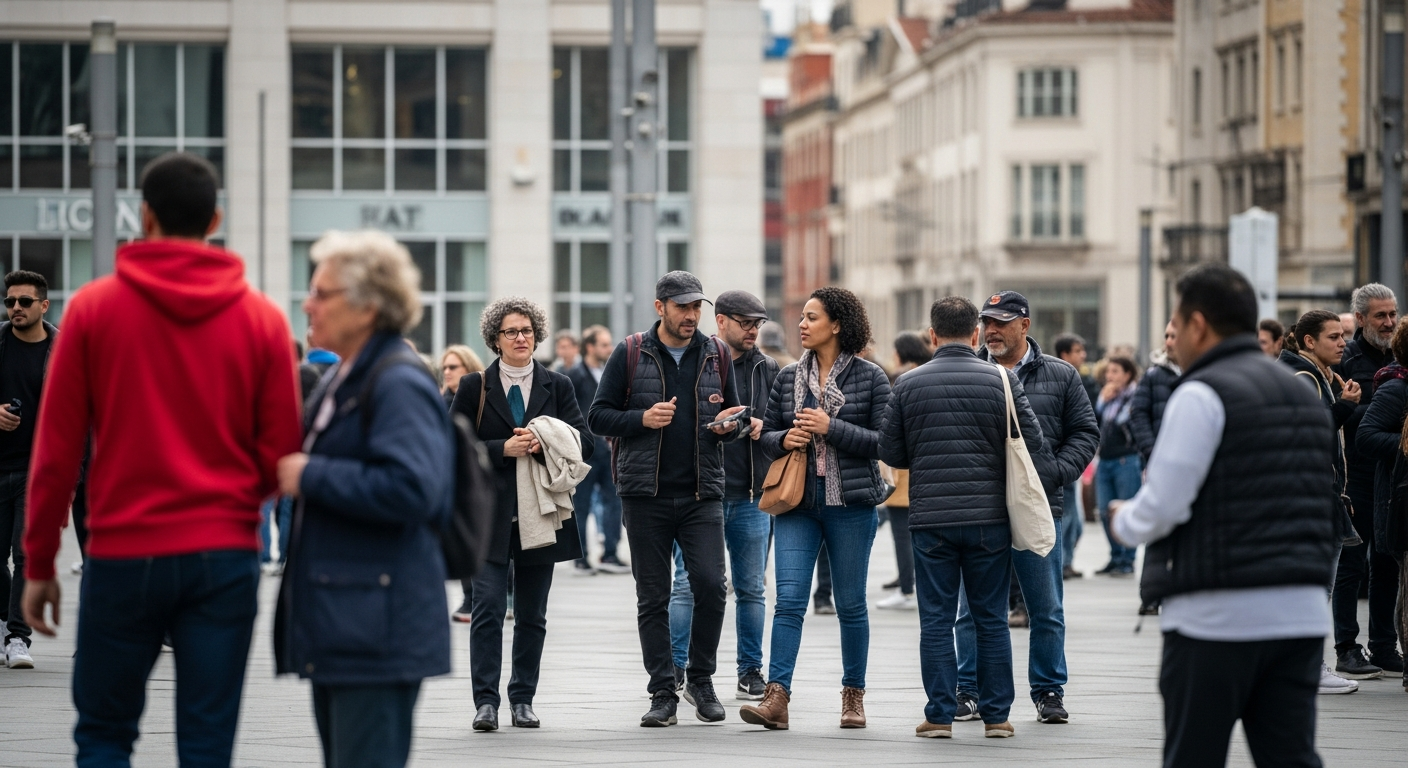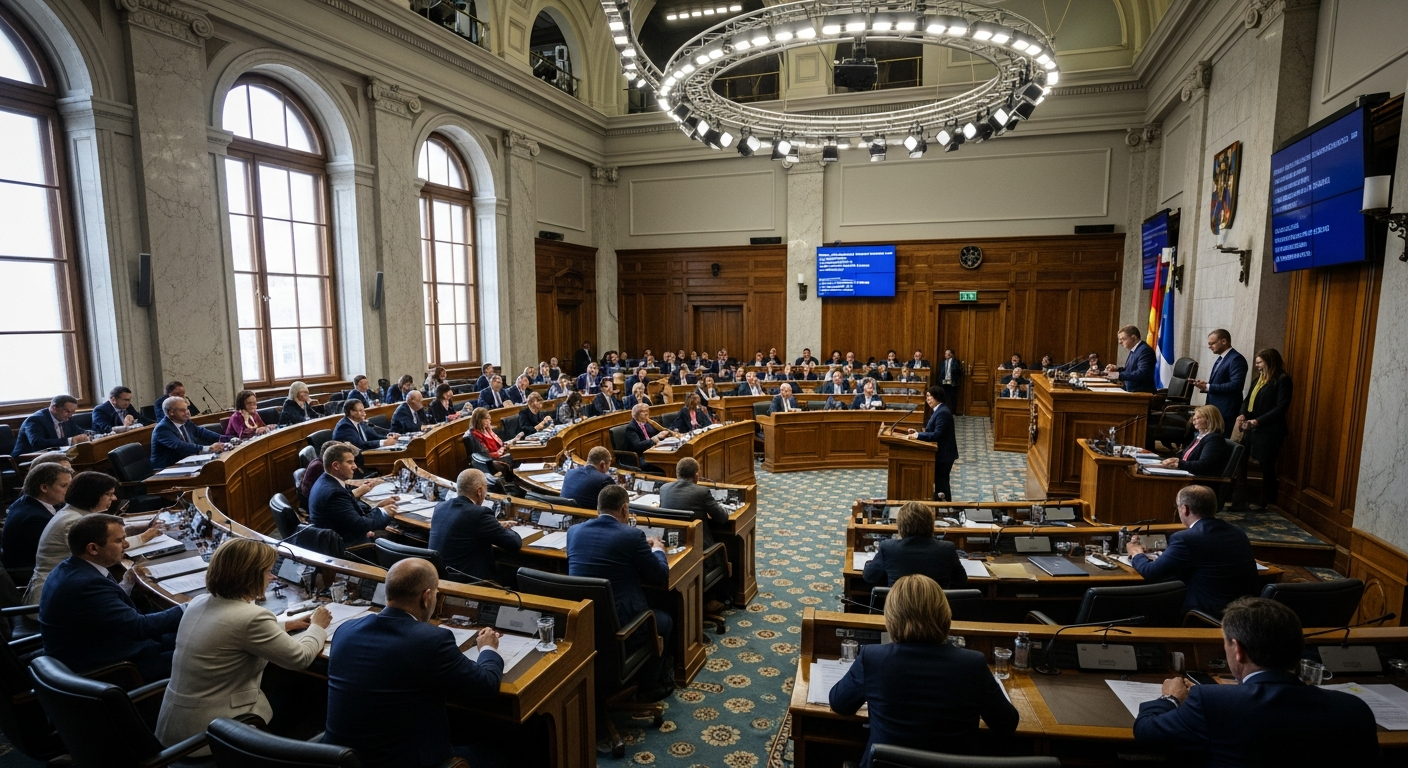Unmasking the Social Phenomenon of Mask-Wearing in the COVID-19 Era
The COVID-19 pandemic has brought about a significant shift in our societal norms, particularly in the realm of public health. One such change is the widespread adoption of mask-wearing. Read below to delve into the sociological implications of this new norm.

The Historical Context of Mask-Wearing
Mask-wearing as a public health measure is not a new concept. In fact, it dates back to the 17th century during the Plague, when doctors wore beak-like masks filled with aromatic items believed to protect them from the disease. However, the modern use of masks for disease prevention began in the early 20th century during the Spanish Flu pandemic. Despite this historical precedent, the adoption of mask-wearing on a global scale during the COVID-19 pandemic is unprecedented.
The Societal Shift Towards Mask-Wearing
The COVID-19 pandemic has necessitated a global shift towards mask-wearing. Initially met with resistance due to cultural unfamiliarity and discomfort, masks have now become a common sight worldwide. This shift can be attributed to the concerted efforts of health organizations and governments to promote mask-wearing as a critical tool in curbing the spread of the virus.
The Cultural Implications of Mask-Wearing
The widespread adoption of mask-wearing has had profound cultural implications. In societies where mask-wearing was previously uncommon, it has become a symbol of collective responsibility and solidarity. However, it has also sparked debates around individual rights and freedoms, leading to a cultural divide in some regions.
The Societal Impact of Mask-Wearing
The impact of mask-wearing extends beyond its role in disease prevention. It has influenced social interactions, with people having to rely more on non-verbal cues due to covered faces. It has also led to a surge in the production and consumption of designer and personalized masks, reflecting the human tendency to express individuality even in times of crisis.
The Future of Mask-Wearing
As the world navigates the post-pandemic era, the future of mask-wearing remains uncertain. While some predict it will become a permanent fixture in our lives, others believe it will fade away as the threat of the virus diminishes. Regardless of its future, the phenomenon of mask-wearing during the COVID-19 pandemic offers valuable insights into human behavior and societal response in times of crisis.
In conclusion, the adoption of mask-wearing during the COVID-19 pandemic has had significant sociological implications. It has not only served as a public health measure but also shaped social interactions and cultural norms. As we move forward, it will be interesting to observe the lasting impact of this phenomenon on our society.






